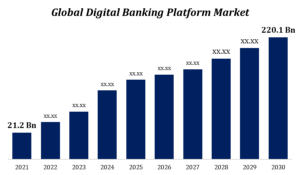How Finance Can Dismantle Silos and Invent New Ways of Working
technological changes.
Emboldened by this experience, they are now reinvesting technology dollars saved through system simplification and cloud migration in the accelerated adoption of digital technologies, for example, data management and machine learning.
A New Level of Finance Excellence
The experiences of 2020 reset the clock on digital transformation, and the need to be agile in an environment of continuous change is raising the bar on financial performance.
What used to be world-class is no longer sufficient if finance is to realize its full potential as a driver of enterprise agility.
Given this shift, The Hackett Group has revised its criteria for superior finance performance to include benchmarks of operational excellence and business value contribution. We call this new set of elite companies digital world-class.
New Ways of Working
The emerging finance technology foundation is different from the one created by the first wave of automation.
Currently, most finance organizations use process-specific systems to pull data from multiple ERPs. As a result, process owners get an incomplete and inconsistent view of the end-to-end information flow.
This affects the speed and accuracy of the account-to-report process as well as the capability to deliver important data to FP&A, so analysts can produce reliable forecasts and plans.
To overcome these hurdles, more organizations find value in adopting core finance solutions that converge disparate processes by anchoring on a flexible and intelligent data source, which can ingest large quantities of financial, external, and operational information.
Enabled by machine learning, the new data core can learn over time how to process common transactions. It can also detect and elevate anomalies, and surface exceptions, automatically route them to the right staff, and recommend remediation actions.


































